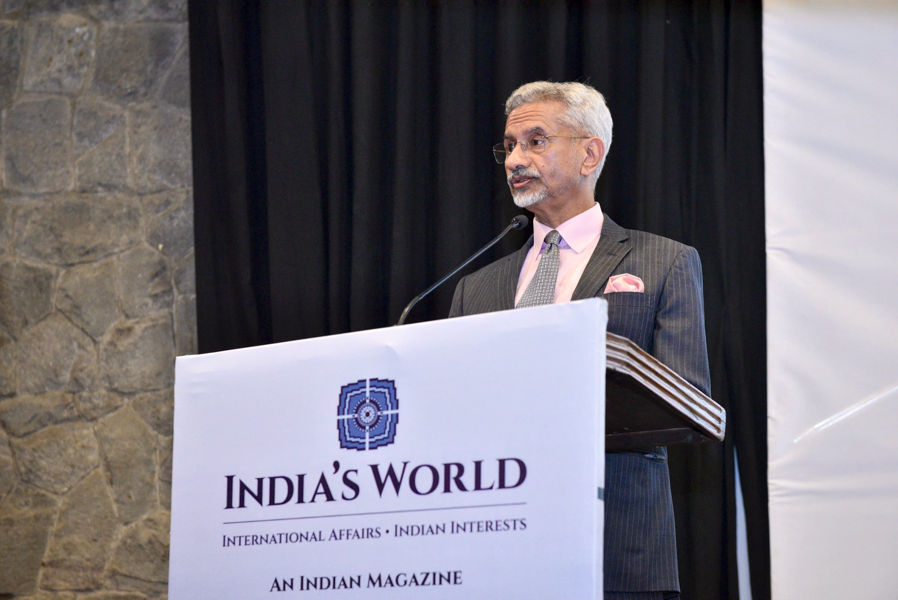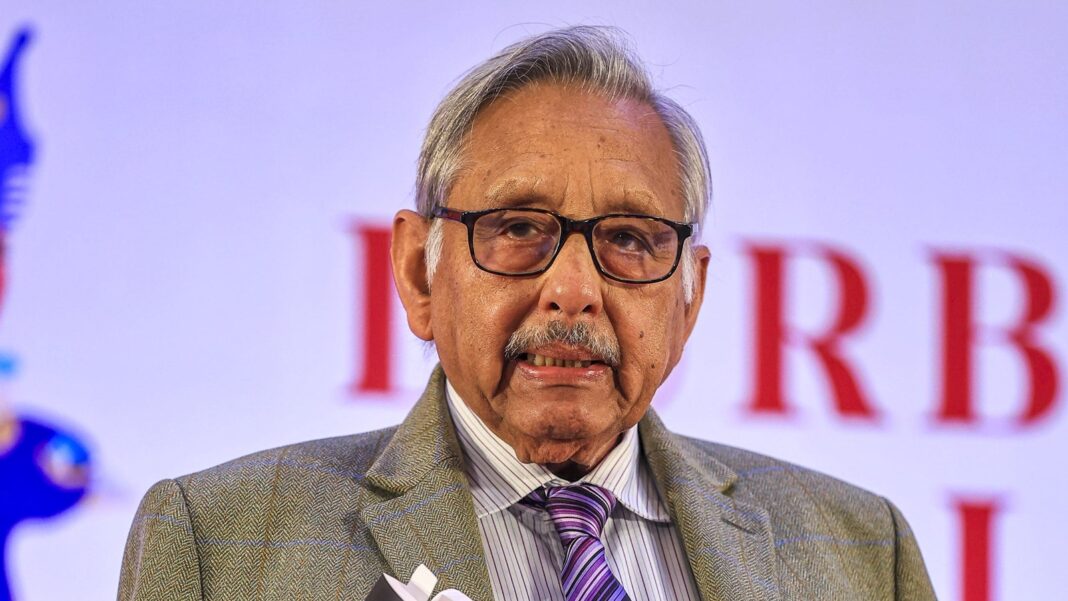External Affairs Minister Subrahmanyam Jaishankar on Sunday emphasized the need for a foreign policy suited to a “Viksit Bharat” (developed India), highlighting the importance of adapting foreign policy amid a rapidly changing global environment. Addressing the launch of India’s World magazine, Jaishankar discussed the necessity of shifting India’s foreign policy to align with contemporary global realities, urging that such changes should not be viewed as political attacks.
Jaishankar reflected on the long-standing influence of the “Nehru development model,” stating that it inevitably shaped India’s foreign policy. He noted that efforts are being made to reform both the domestic and foreign policies stemming from this model, a topic he had addressed previously during the launch of Dr. Arvind Panagariya’s book, The Nehru Development Model.
Reiterating his views, Jaishankar said that the world order has undergone significant changes since the era of Nehru, transitioning from a bipolar landscape to a unipolar one, and now to a more multipolar global structure. He also pointed to the profound impact of globalization over the last two decades, which has fostered deeper interdependence among nations and altered how states interact.
Moreover, Jaishankar acknowledged the growing role of technology in reshaping foreign policy, governance, and daily life. He argued that the convergence of these developments makes it untenable for India to continue with the same foreign policy framework.
Highlighting India’s aspiration for progress, Jaishankar asserted that if India aims to become a developed nation, its foreign policy must evolve to reflect that ambition. He emphasized that India should consider itself as a leading global power and set more ambitious goals.
Jaishankar also addressed the notion of a “post-Nehruvian” foreign policy construct, urging that such discussions should not be misconstrued as attacks on past policies. He pointed out that the transformation had begun long before Narendra Modi’s tenure, citing former Prime Minister Narasimha Rao’s contribution to this shift.
The External Affairs Minister concluded by stressing the need for India’s foreign policy to be grounded in realism and practicality, suggesting that a more pragmatic approach would enhance the discourse on foreign policy within both Track 1 and Track 2 diplomatic channels.
In summary, Jaishankar underscored the importance of adapting India’s foreign policy to the changing domestic and global landscapes, with a focus on positioning the country as a leading global power in line with its ambitions for a “Viksit Bharat.”






